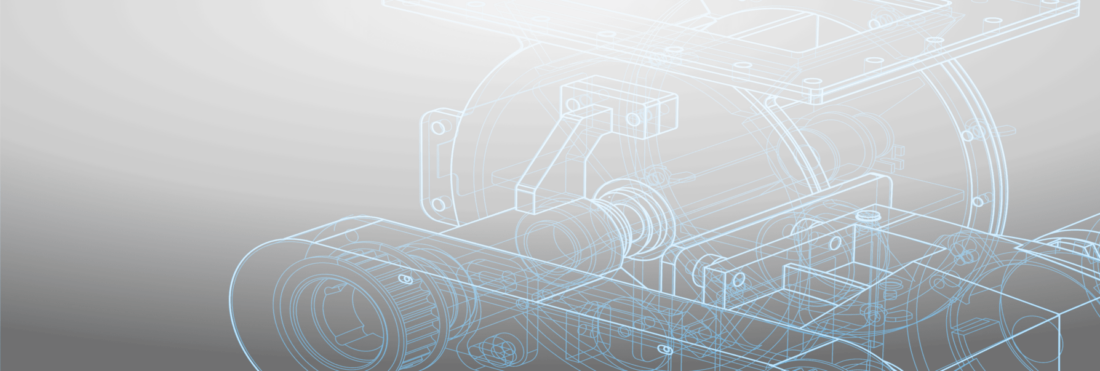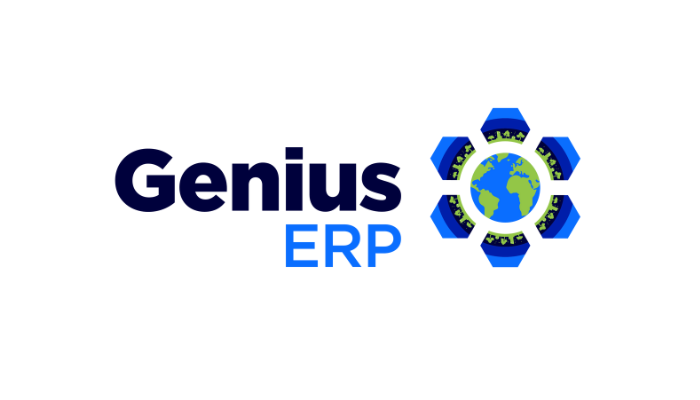
Earth Day Special: The Benefits of Sustainable Manufacturing
Sustainable manufacturing is no longer solely a niche environmental concern; it's increasingly becoming vital for businesses worldwide.

How will Artificial Intelligence Impact ERP Software?
AI technology built directly into ERP systems can help automate routine processes or create better user experiences by learning and adapting to user's language, allowing systems to better understand and respond to users.
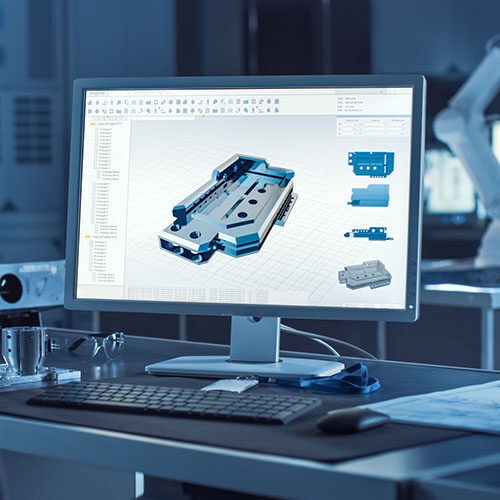
Boost Engineering Efficiency with CAD2BOM
Say goodbye to wasted time and money with our exclusive CAD2BOM feature. Automate the creation of BOMs, items, and routings from a CAD model, boosting engineering efficiency and streamlining communication across departments.

What Aerospace and Defense Manufacturers Need in an ERP
Due to the complex processes involved in the aerospace and defense sectors, a manufacturing-specific ERP system is not just beneficial but essential.

Beyond Your ERP Implementation
There are countless stories out there, both good and bad, about the challenges of implementing a new ERP system.

Carbonneau Group’s ERP Implementation Project Nominated for Project of the Year
The Carbonneau Group was recently nominated for Project of the Year by STIQ for their successful implementation of an ERP system.
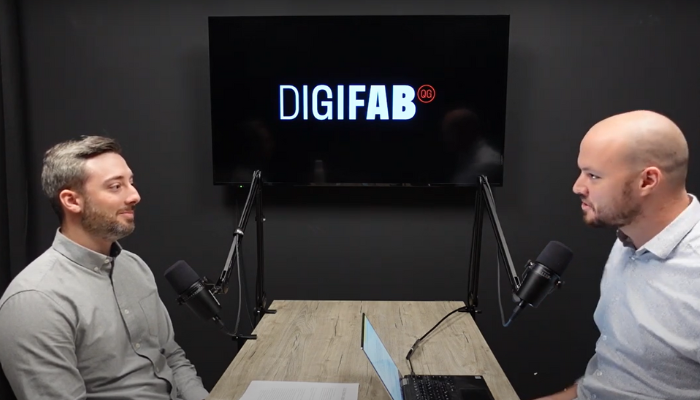
Genius ERP’s Maxime Larose Featured on Digifab Podcast
Genius ERP’s Maxime Larose recently sat down with Digifab to talk about the digitalization of the manufacturing industry.
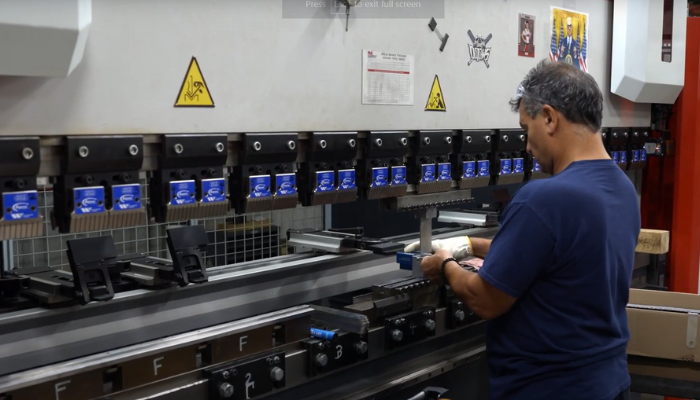
Why Job Shops Need a Manufacturing-Specific ERP
Job shops face unique challenges that demand specialized solutions. Unlike large-scale production facilities, job shops specialize in custom manufacturing, prototyping, and small- to medium-batch production runs.

How an Internal ERP Champion Inspires Adoption
Discover the crucial role of your internal ERP champion! Learn why this role is essential, who fits the bill, and the qualities needed for success.

An In-Depth Guide to Digital Marketing for Manufacturers
Dive into our comprehensive guide, where we demystify digital marketing for manufacturers and reveal the secrets to creating an effective marketing strategy for the digital age.
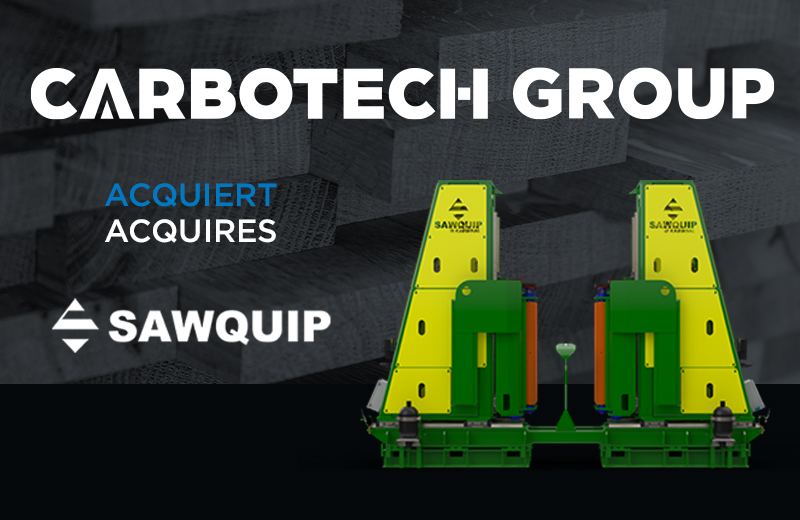
Customer News: Carbotech Group Acquires Sawquip
Genius ERP is pleased to share that Carbotech Group, a Genius customer and leading provider of comprehensive sawmill solutions, has recently acquired Sawquip, a manufacturing company specializing in sawmill equipment.

How to Identify Bottlenecks in your Manufacturing Process
Bottlenecks—all manufacturers have to deal with, and they can effectively grind your operations to a halt, causing you to deliver orders late, and even costing you business altogether.

The Genius ERP Approach to Streamlining MTO Manufacturing
In Make-to-Order (MTO) manufacturing, products are only manufactured after receiving a customer's order.

Improve MTS Production With Genius ERP
In Make-to-Stock (MTS) manufacturing, companies predict demand for their products and manufacture goods in advance, storing them in inventory until they are sold.

A Brief History of ERP
ERP software systems have deep roots in the manufacturing industry, but many manufacturers still have trouble understanding exactly what an ERP is and does.

What is Green Manufacturing? (Plus 5 Steps to a Greener Future)
Green manufacturing, also known as sustainable manufacturing, focuses on producing goods in a way that minimizes environmental impacts while maximizing resource efficiency.
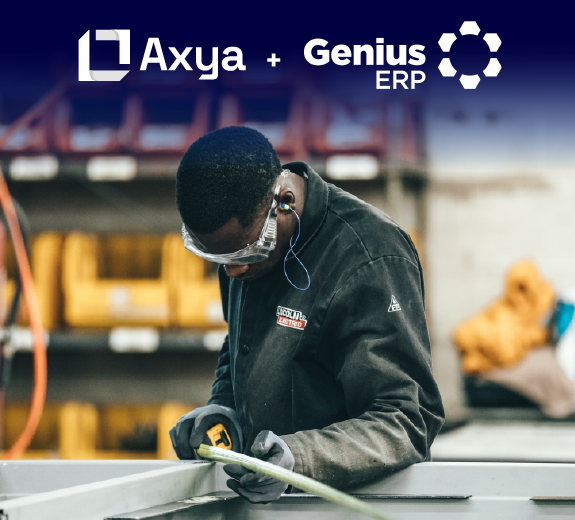
Optimize Your Supply Chain: LaserAx and Axya Case Study
See our new partnership with Axya in action. Axya’s co-founder, Nicolas Gauthier, will be on hand to show you how we have teamed up to make managing supply chains easier.

Genius ERP’s Ben Van de Velde Featured on Data-Driven Supply Chain Podcast with Axya
Genius ERP’s Ben Van de Velde was featured in the January episode of Axya’s Data-Driven Supply Chain Podcast.

Simplify Your Sales Processes With Genius ERP’s Product Configurator
Your products aren’t one-size-fits-all. As a custom manufacturer, everything you build is tailored to meet your customers' exacting needs.

Everything You Need To Know About ERP Integrations
ERPs are awesome. They act as a centralized hub for your business and are the foundation for your manufacturing operations.
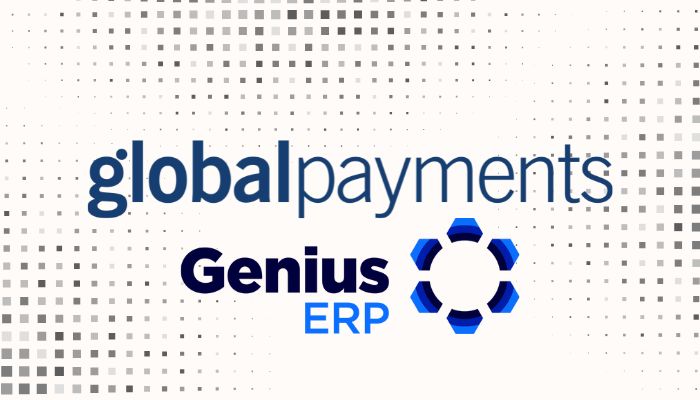
Genius ERP Announces Partnership with Global Payments
Genius ERP is excited to announce our strategic partnership with Global Payments, one of the world's largest payment technology providers.
Get your eBook Scared to implement a new ERP?
"*" indicates required fields
